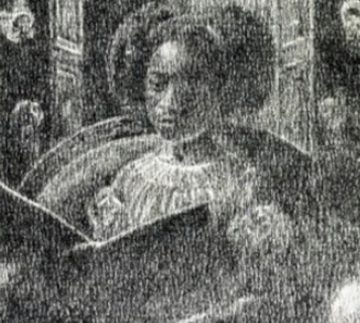Richard Hughes Gibson in The Hedgehog Review:
 How did the world come to be? Answers to this question are called “cosmogonies” from the union of the Greek cosmos and gonos (the latter term meaning “offspring” or “creation”). Nowadays, the most authoritative answers come from scientists, whose accounts draw us back roughly 13.8 billion years ago to the Big Bang. Science’s supremacy in this regard is a relatively late development, however. For most of human history, cosmogony has been the prerogative of poets and priests. In the Theogony, for example, the ancient Greek bard Hesiod sings of Gaia (Earth) emerging from Chaos, beginning a divine family saga that stretches to Zeus’s ascendancy. The Sanskrit scriptures look back to a “golden womb” or “golden egg,” one of several embryonic beginnings found in sacred texts worldwide. And, of course, the first chapter of Genesis lays out the week that God spent putting the universe in order, giving it appropriate lighting, filling the world with life, and, in the end, taking a well-deserved day off.
How did the world come to be? Answers to this question are called “cosmogonies” from the union of the Greek cosmos and gonos (the latter term meaning “offspring” or “creation”). Nowadays, the most authoritative answers come from scientists, whose accounts draw us back roughly 13.8 billion years ago to the Big Bang. Science’s supremacy in this regard is a relatively late development, however. For most of human history, cosmogony has been the prerogative of poets and priests. In the Theogony, for example, the ancient Greek bard Hesiod sings of Gaia (Earth) emerging from Chaos, beginning a divine family saga that stretches to Zeus’s ascendancy. The Sanskrit scriptures look back to a “golden womb” or “golden egg,” one of several embryonic beginnings found in sacred texts worldwide. And, of course, the first chapter of Genesis lays out the week that God spent putting the universe in order, giving it appropriate lighting, filling the world with life, and, in the end, taking a well-deserved day off.
Fiction writers are world builders, and so cosmogony should be recognized as a problem in the art of fiction too.
More here.
